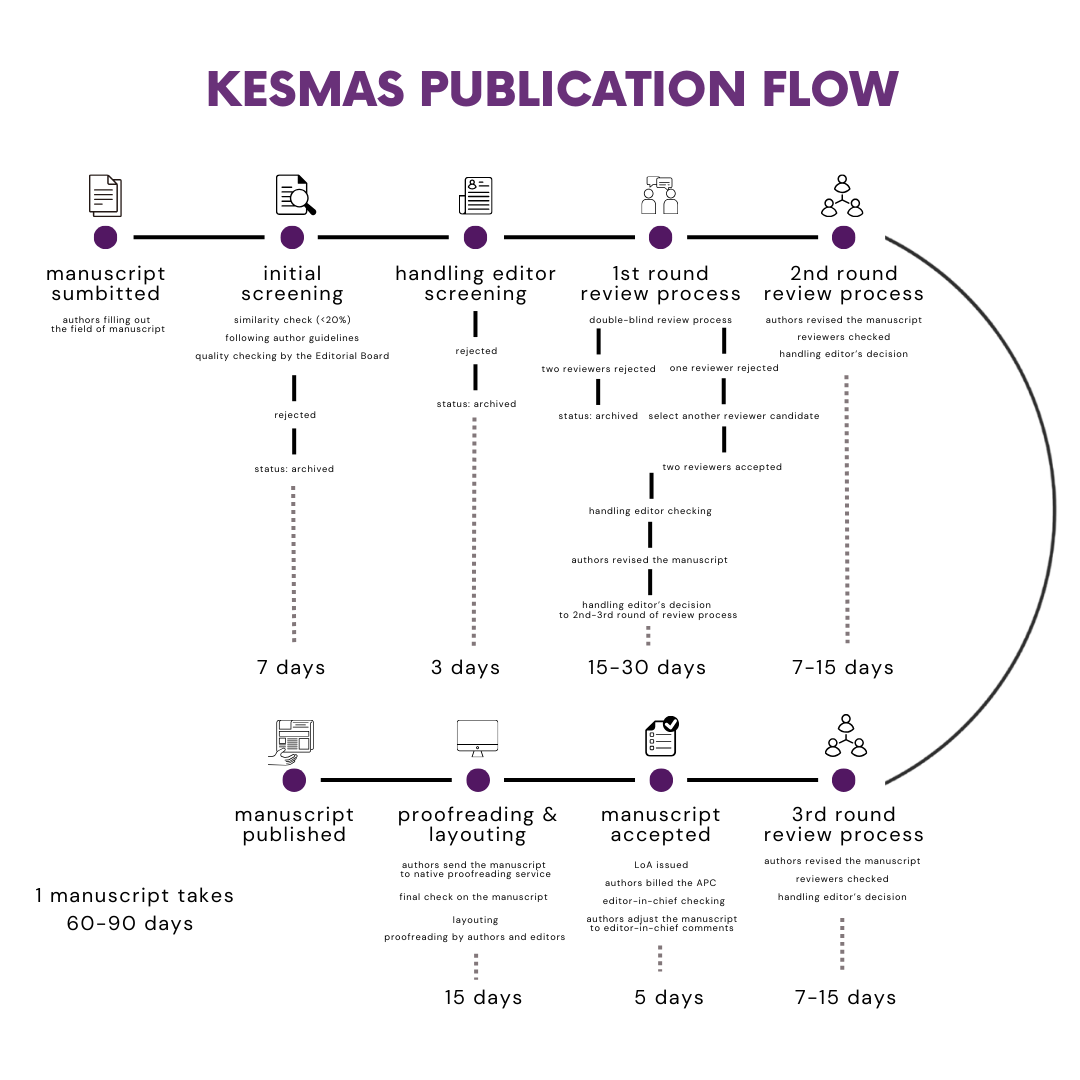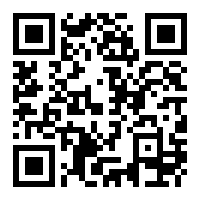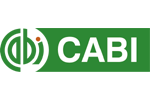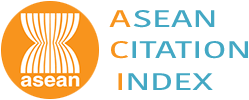Editorial Policies
- » Focus and Scope
- » Section Policies
- » Peer Review Process
- » Open Access Policy
- » Publication Flow
- » Authorship and Plagiarism
- » Publication Ethics
- » Publication Charges
Focus and Scope
The focus of Kesmas: Jurnal Kesehatan Masyarakat Nasional (National Public Health Journal) is on public health as discipline and practices related to preventive and promotive measures to enhance the health of the public through a scientific approach applying a variety of technique. This focus includes areas and scopes such as biostatistics, epidemiology, health education and promotion, health policy and administration, environmental health, public health nutrition, sexual and reproductive health, and occupational health and safety.
The journal employs a peer-review mechanism where each submitted article should be anonymously reviewed by expert peers appointed by the editor. Articles published in this journal could be in form of the original article and invited article (brief reports, case reports, opinion articles, commentaries, editorials, and correspondence).
Section Policies
Articles
Peer Review Process
The journal employs a peer-review mechanism where each submitted article should be anonymously reviewed by expert peers appointed by the editor. The peer review process is through the double-blind review, meaning two peers will review each article. Articles published in this journal could be in the form of original articles and invited articles (brief reports, case reports, opinion articles, commentaries, editorials, and correspondence).
Open Access Policy
This journal provides immediate open access to its content on the principle that making research freely available to the public supports a greater global exchange of knowledge.
All articles published Open Access will be immediately and permanently free for everyone to read and download. We are continuously working with our author communities to select the best choice of license options,
• Creative Commons Attribution-ShareAlike (CC BY-SA)
Publication Flow
Published articles on Kesmas: Jurnal Kesehatan Masyarakat Nasional (National Public Health Journal) will undergo initial screening to examine the existence of elements of plagiarism by using the iThenticate program, with a maximum similarity by 20%, to check whether the articles have already following the author guidelines, if the articles have more than 20% similarity check and not following the author guidelines, it will be automatically rejected.
After the articles pass the initial screening, it will undergo the following steps:
- The field of manuscript filled by the authors in the “Comments for Editor” box will determine who the handling editor will be assigned.
- The handling editor will do the quality checking of the articles.
- If the handling editor rejects the articles, the status will change to “archived.” If the handling editor accepts the articles, they will select the reviewers for the double-blind review process.
- If the two selected reviewers reject the articles, they will be automatically rejected. However, if only one reviewer rejects, the handling editor will select another reviewer candidate.
- If both of the reviewers accept, the authors will have to revise their articles based on the comments or suggestions from the reviewers.
- The handling editor will check the authors' revision and decide whether the article should go through the second or third review process.
The decision to accept the manuscript will be made by the Editor-in-chief. Once the articles are titled “accepted,” the authors will have to pay the article processing charge (APC), and the letter of acceptance (LoA) will be issued. If there are no more notes to be revised by the authors, the articles should be proofread by the native proofreading service, and the proofreading cost will be charged to the authors.
The final step will be a final check (structure, grammar, following author guidelines or not, etc.) before the layout process. The authors will be sent a dummy and proof approval letter to final check before publishing the articles. Once the articles are published, the authors cannot revise anything except for the names and affiliations. The estimated time from article submission until publication is 60-90 days.

Authorship and Plagiarism
Authorship of articles should be limited to those who have contributed sufficiently to take public responsibility for the contents. These contributions include (a) conception and design, analysis and interpretation of data, or both; (b) drafting the article or revising it critically for important intellectual content; (c) final approval of the version to be published; and (d) agreement to be accountable for all aspects of the work by ensuring that questions related to the accuracy or integrity of any part of the work are appropriately investigated and resolved. Submission to the Kesmas: Jurnal Kesehatan Masyarakat Nasional (National Public Health Journal) is interpreted by the journal to mean that all the listed authors have agreed with all of the articles content. The corresponding (submitting) author is responsible for having ensured that this agreement has been reached, and for managing all communication between the journal and co-authors before and after publication. Any requests for changes to the author list after submission, such as a change in the order of the authors, or the deletion or addition of authors needs to be accompanied by a letter signed by all original authors. The letter should be scanned and e-mailed to jurnalkm@ui.ac.id or jurnalkesmas.ui@gmail.com by the submitting author. The Kesmas: Jurnal Kesehatan Masyarakat Nasional (National Public Health Journal) editors assume that on multi-group collaborations, one member of each collaboration, usually the most senior member of each submitting group has accepted responsibility for the contributions to the manuscript from their team.
It is the responsibility of the corresponding author to ensure that:
- The article is an original work and does not involve fraud, fabrication, or plagiarism.
- The article has not been published previously and is not currently under consideration for publication elsewhere. If accepted by the Kesmas: Jurnal Kesehatan Masyarakat Nasional (National Public Health Journal), the article will not be submitted for publication to any other journal.
- The article contains no defamatory or unlawful statements and does not contain any materials that infringe upon individual privacy, proprietary rights, or any statutory copyright.
- They have written permission from owners for any excerpts from copyrighted works that are included and have credited the sources from where they were obtained.
- All authors have made significant contributions to the study including the conception and design of the article, the analysis of the data, and the writing of the manuscript.
- All authors have reviewed the manuscript, take responsibility for its content and approve its publication.
- All authors are aware of and agree to the terms of this publishing agreement.
Every article submitted to the Kesmas: Jurnal Kesehatan Masyarakat Nasional (National Public Health Journal) is screened by Turnitin software
Publication Ethics
Publication Ethics and Malpractice Jurnal Kesmas
In dealing with cases in research and publication, Kesmas: Jurnal Kesehatan Masyarakat Nasional (National Public Health Journal) uses guidelines issued by the Committee on Publication Ethics (Commission of Publication Ethics/COPE) in all aspects of publication ethics, in particular, protocols of research and publication misconduct. Kesmas: Jurnal Kesehatan Masyarakat Nasional (National Public Health Journal) requires all articles involving human subjects to respect the principles of research ethics as stated in the Declaration of Helsinki. Research involving animals as subjects are also required to comply with the International Principles for Biomedical Research issued by the International Council of Organizations of Medical Sciences (CIOMS).
For research manuscript involving experiments on live vertebrates and/or higher invertebrates, the corresponding authors must be confirm that all experiments were performed in accordance with relevant guidelines and regulations. The manuscript must include a statement identifying the institute and/or licensing committee approving the experiments, including any relevant details. Manuscripts that lack proper ethical consideration for human or animal subjects will not be accepted for publication.
For experiments that involve human subjects, the authors must identify the committee which approved the experiments and their submission must include statement confirming that informed consent was obtained from all subjects. Authors using phase II and phase III randomized controled trials in their study should refer to the CONSORT Statement for recommendations which facilitates complete and transparent reporting of trial findings.
All animal experiments must adhere to institutional and national guidelines for the care and use of animal subjects, and this should be clearly stated within the manuscript. Manuscripts should contain a statement that advises all efforts were made to minimise animal suffering and reduce the number of animals used, and if available, efforts to utilise alternatives to invivo techniques.
As an important issue, ethical publication should be clear in order to improve the quality of research. Kesmas: Jurnal Kesehatan Masyarakat Nasional (National Public Health Journal) adjust to meet the ethical standards both for publishers, editors, authors, and reviewers. In order to uphold these ethical standards, the publisher does not have the rights to interfere with the integrity of the contents and the only support to publish in a timely manner.
Here are the ethical standards for editors, authors, and reviewers.
Editors
- The Editor is responsible for every article published in Kesmas: Jurnal Kesehatan Masyarakat Nasional (National Public Health Journal)
- Editor helps the authors follow the guidelines for authors
- The editors may communicate with other editors or reviewers in making a final decision.
- Editor assess the manuscript publication objectively, regardless the author's racial background, religion, gender, seniority, ethnicity, political beliefs, institutional affiliation or nationality. The editor must relinquish his/her duties if there is a potential conflict of interest.
- The Editor must ensure that the document which is sent to the reviewers do not contain information on the author and vice versa.
- The editor's decision must be notified to the author along with the reviewers' comments, except which contain offensive or libelous statements.
- Editors should respect the request of the author that the order is not subject to review by any other person for any reason.
- Editor and all staff must ensure the confidentiality of the submitted manuscript.
- If there is a suspicion of error or dispute in writing, Editor solves it by using the COPE as guide.
Reviewers
- Reviewers comment on the possibility of errors in ethical research and publications.
- Reviewers should complete the job on time and notify the Editor if they cannot finish the job.
- Reviewers must maintain the confidentiality of the manuscript.
- Reviewers should not be receiving and reviewing the manuscript if there is a potential conflict of interest between them and the authors.
Authors
- The author ensures that the material to be published have not been published and sent to another place simultaneously
- Authors must ensure the authenticity of their research and they have cited the others opinions correctly in accordance with the reference format.
- The author is not involved in plagiarism.
- 'Salami' publication is prohibited in Jurnal Kesmas
- Authors must follow the criteria described in the writing guideline for the authors of Kesmas: Jurnal Kesehatan Masyarakat Nasional (National Public Health Journal).
- Authors are not advised to publish any personal information that may make identity of the patient recognizable in the form of the description section, photograph or genealogy. If photographs of patients are very important and indispensable as scientific information, the authors should have received approval in written form and has clearly stated it.
- In the case of experiments on humans, the authors state that the study was in accordance with the ethical standards of the Helsinki declaration, which leads the human experiment. If there are doubts raised whether the study took place in accordance with the declaration, the author should explain it. In the case of experiments on animals, the author has certified that the author has followed the guidelines and abroad with regard to animal experiments in the laboratory.
- Authors must submit the data and details to the editor, if suspected falsification or fabrication of data.
- The authors should explain everything that can give rise to a conflict of interest such as employment, research costs, consulting fees, and intellectual property on guidelines for Kesmas: Jurnal Kesehatan Masyarakat Nasional (National Public Health Journal) authors.
Publication Charges
Per 1 December 2023, the article processing charge (APC) will be charged according to the article's type:
450 USD for an original research paper, including a brief research/report article, and a review paper, including systematic review, meta-analysis, and scoping review articles.
FREE for commentary, perspective, letter to editor, dan editorial articles.































